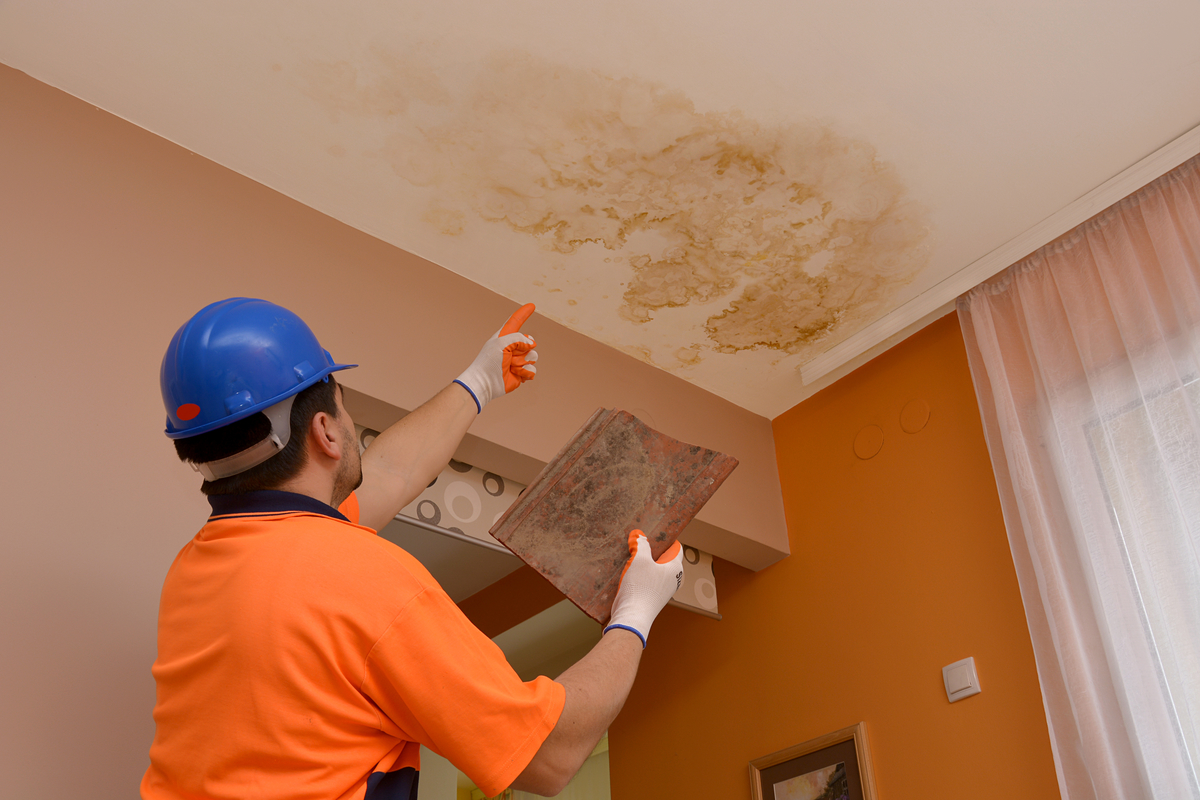Get to Know the Six Most Factors For Water Seepage in Your House
Get to Know the Six Most Factors For Water Seepage in Your House
Blog Article
We've stumbled upon the article involving How Fast Water Damage Can Ruin Your Home listed below on the net and felt it made perfect sense to discuss it with you over here.

Leaks not only create waste of water yet can also trigger unnecessary damages to your house as well as promote unwanted natural development. By comprehending and looking for everyday circumstances that create leakages, you can shield your residence from future leaks and also unnecessary damages.
Instantaneous temperature level changes.
Severe temperature adjustments in our pipes can trigger them to broaden as well as contract unexpectedly. This expansion and also tightening may cause cracks in the pipelines, particularly if the temperature are below freezing. If you maintained an eye on exactly how your plumbing functions, it would certainly be best. The presence of the formerly discussed circumstances regularly indicates a high threat.
Rusty water systems
This may be the cause of discoloration or warping on your water pipelines. If our plumbing system is old, think about replacing the pipes given that they are at a greater danger of rust than the newer designs.
Defective Pipe Joints
The point at which your pipelines link is often the weakest link in the waterline. Pipe joints can weaken gradually, resulting in water leakages. Unfortunately, most of pipe joints are not quickly noticeable. If you have loud pipes that make ticking or banging sounds, specifically when the hot water is turned on, your pipeline joints are probably under a lot of pressure. It is recommended to have your plumber inspect your system annually.
Trespassing roots
The majority of water leakages begin outside the house as opposed to inside it. If you notice an abrupt decrease in water stress, say in your faucet, require time to head out and also analyze your backyard. You could discover wet spots or sinkholes in your lawn, which could indicate that tree roots are invading water lines causing water to leak out. You can have your plumber check for intrusion, particularly if you have trees or shrubs near your building.
Poor Water Connectors
At times, a leak can be caused by loosened tubes and also pipes that provide your home appliances. In situation of a water links leak, you might notice water running directly from the supply line or puddles around your appliances.
Clogged Drains
Clogged drains pipes might be irritating as well as inconveniencing, yet they can often wind up creating an overflow resulting in rupture pipes. Maintain getting rid of any materials that might go down your drains pipes that can block them to prevent such aggravations.
All the above are root causes of leakages however not all water leakages arise from plumbing leakages; some leakages might come from roofing leaks. All leakages should be repaired promptly to avoid water damages.
Leaks not just cause waste of water yet can also cause unnecessary damage to your house and also advertise unwanted natural growth. By looking and also comprehending for daily situations that cause leakages, you can safeguard your house from future leaks as well as unneeded damage. Today, we will certainly look at 6 leakage creates that may be creating your pipelines to trickle.
At times, a leakage can be triggered by loose tubes and pipes that provide your home appliances. In instance of a water connections leakage, you might discover water running straight from the supply line or pools around your appliances.
How To Check For Water Leak In Your Home
How To Check for Leaks
The average household's leaks can account for nearly 10,000 gallons of water wasted every year and ten percent of homes have leaks that waste 90 gallons or more per day. Common types of leaks found in the home are worn toilet flappers, dripping faucets, and other leaking valves. These types of leaks are often easy to fix, requiring only a few tools and hardware that can pay for themselves in water savings. Fixing easily corrected household water leaks can save homeowners about 10 percent on their water bills.
To check for leaks in your home, you first need to determine whether you're wasting water and then identify the source of the leak. Here are some tips for finding leaks:
Take a look at your water usage during a colder month, such as January or February. If a family of four exceeds 12,000 gallons per month, there are serious leaks.
Check your water meter before and after a two-hour period when no water is being used. If the meter changes at all, you probably have a leak.
Identify toilet leaks by placing a drop of food coloring in the toilet tank. If any color shows up in the bowl after 10 minutes, you have a leak. (Be sure to flush immediately after the experiment to avoid staining the tank.)
Examine faucet gaskets and pipe fittings for any water on the outside of the pipe to check for surface leaks.
Undetected water leaks can happen without the home or business owner even realizing. If you suspect a water leak, but not able to find the source. It is time to contact a professional water leak detection service, The Leak Doctor.
How To Find a Water Leak In Your Home
https://www.leakdoctor.com/blog/How-To-Check-For-Water-Leak-In-Your-Home_AE197.html

We hope you enjoyed reading our piece about Common Water Leaks In House. Thank you for taking time to read through our blog post. Are you aware of another individual who is excited about the subject? Take a moment to share it. Kudos for your time. Kindly stop by our site back soon.
Damage control? Call us. Report this page